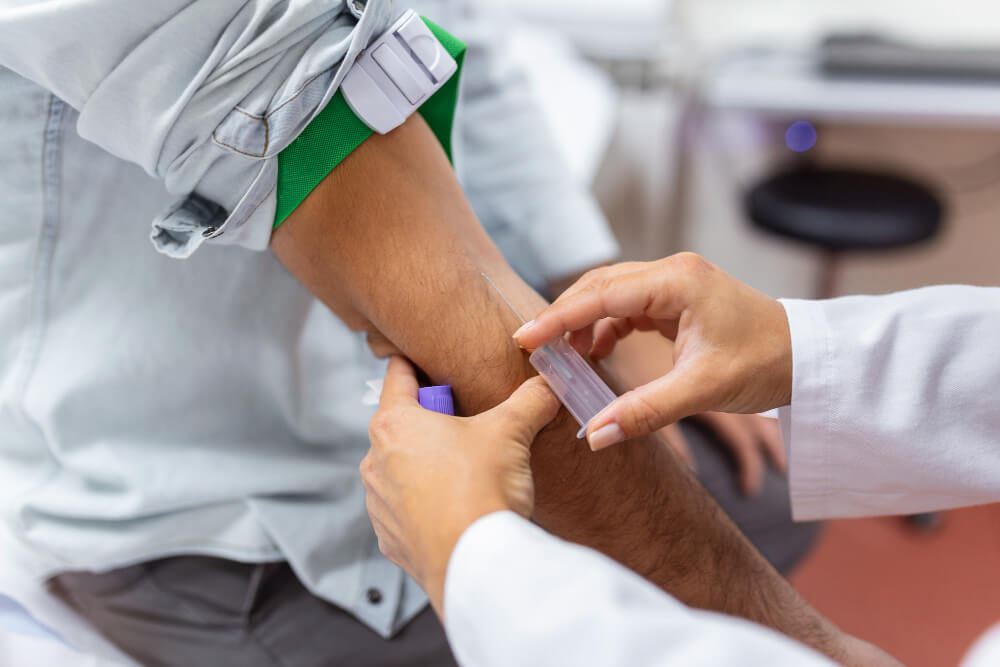Q: What is Stiff Person Syndrome (SPS)?
A: SPS is a rare, chronic autoimmune disorder affecting the central nervous system, particularly the brain and spinal cord. It causes progressive muscle stiffness and rigidity, often starting in the legs and lower back and eventually spreading to other parts of the body.
stiff person syndrome symptoms

Q: What are the symptoms of SPS?
A: The main symptom of SPS is muscle stiffness and rigidity, which can be constant or come and go. Other symptoms may include:
- Muscle spasms, often triggered by stress, loud noises, or sudden movements
- Pain, especially in the hips, back, and legs
- Difficulty walking or moving
- Balance problems
- Fatigue
- Anxiety and depression
Q: What causes SPS?
A: The exact cause of SPS is unknown, but it is thought to be an autoimmune disorder. This means that the immune system mistakenly attacks healthy tissues in the body. In SPS, the immune system attacks the GABA (gamma-aminobutyric acid) receptors in the brain and spinal cord. GABA is a neurotransmitter that helps to relax muscles. When GABA receptors are damaged, muscles become stiff and overactive.
Q: How is SPS diagnosed?

A: There is no single test that can diagnose SPS. Doctors will typically order a combination of tests, including:
- Blood tests to rule out other conditions
- Electromyography (EMG) to measure electrical activity in the muscles
- Magnetic resonance imaging (MRI) to look for abnormalities in the brain and spinal cord
- Lumbar puncture to test cerebrospinal fluid for antibodies
Q: How is SPS treated?
A: There is no cure for SPS, but there are treatments that can help to manage the symptoms and improve quality of life. Treatment options may include:
- Medications: Medications such as benzodiazepines, muscle relaxants, and immunomodulatory drugs can help to relax muscles and reduce spasms.
- Plasma exchange (PLEX): This is a procedure that removes antibodies from the blood and can help to improve symptoms.
- Intravenous immune globulin (IVIG): This is a treatment that replaces antibodies in the blood and can help to suppress the immune system.
- Physical therapy: Physical therapy can help to improve flexibility, strength, and balance.
- Counseling and support: Counseling and support groups can help people with SPS cope with the emotional and psychological challenges of the condition.
Q: What is the prognosis for people with SPS?
A: The prognosis for people with SPS varies. Some people experience mild symptoms that can be managed with treatment, while others have more severe symptoms that can significantly impact their quality of life. There is no cure for SPS, but with treatment, most people can live long and productive lives.
Q: Can SPS be prevented?
A: There is no known way to prevent SPS.
Q: Where can I find more information about SPS?
A: There are a number of organizations that provide information and support for people with SPS, including:
- The Stiff Person Syndrome Foundation
- The American Autoimmune Related Diseases Association (AARDA)
- The National Organization for Rare Disorders (NORD)
I hope this Q&A has helped to answer your questions about Stiff Person Syndrome and hip pain. If you have any further questions, please consult with a healthcare professional.
